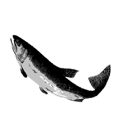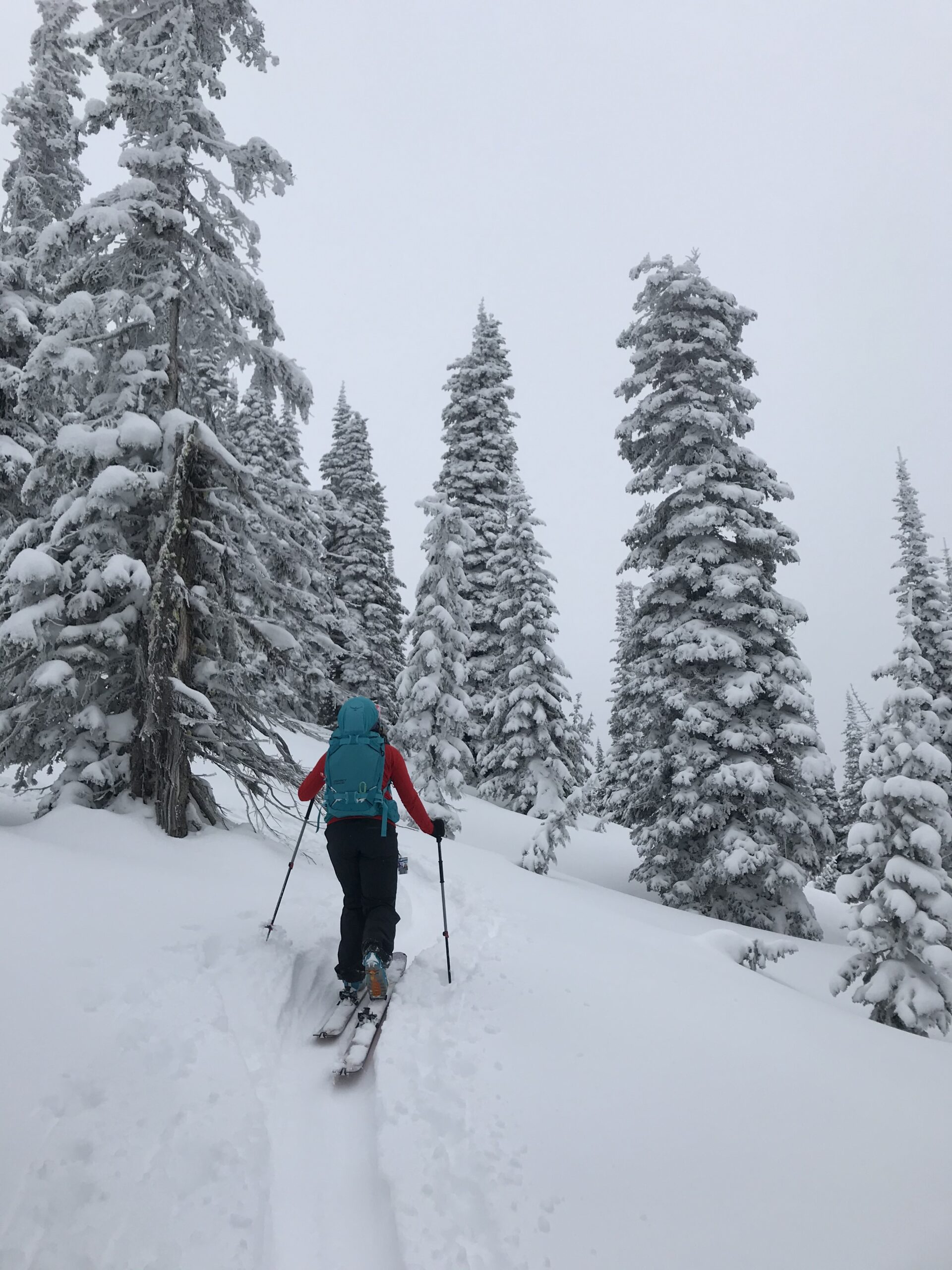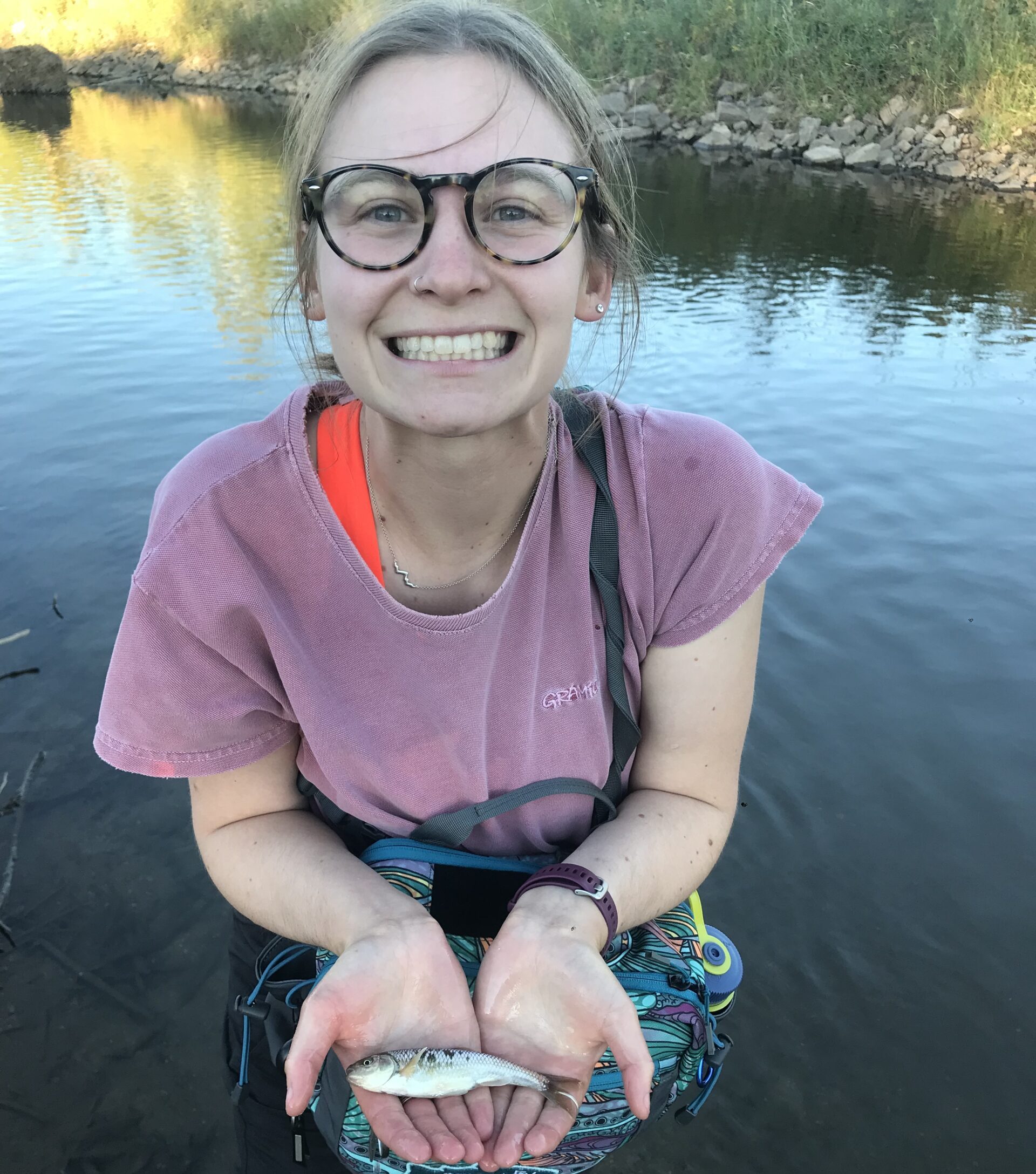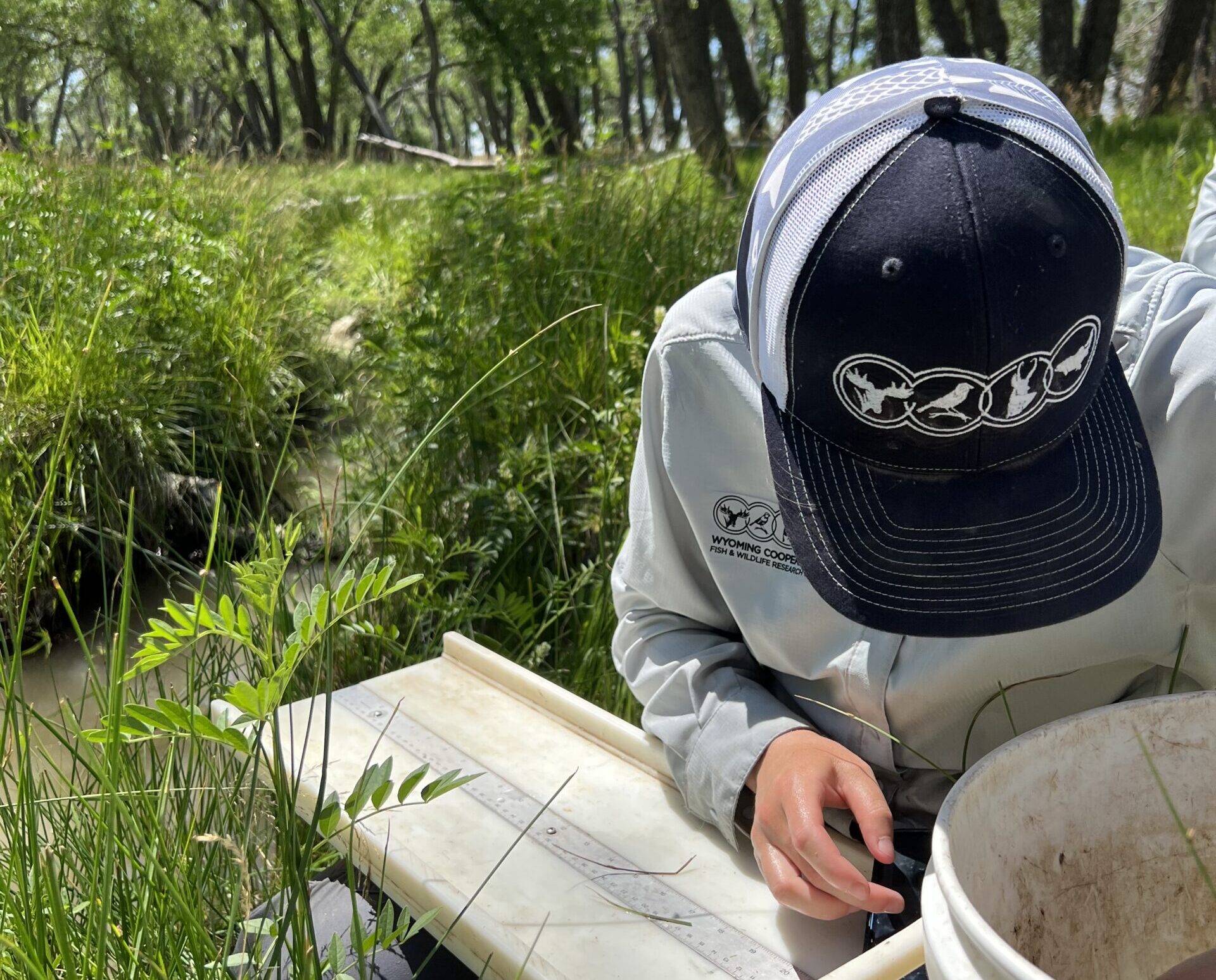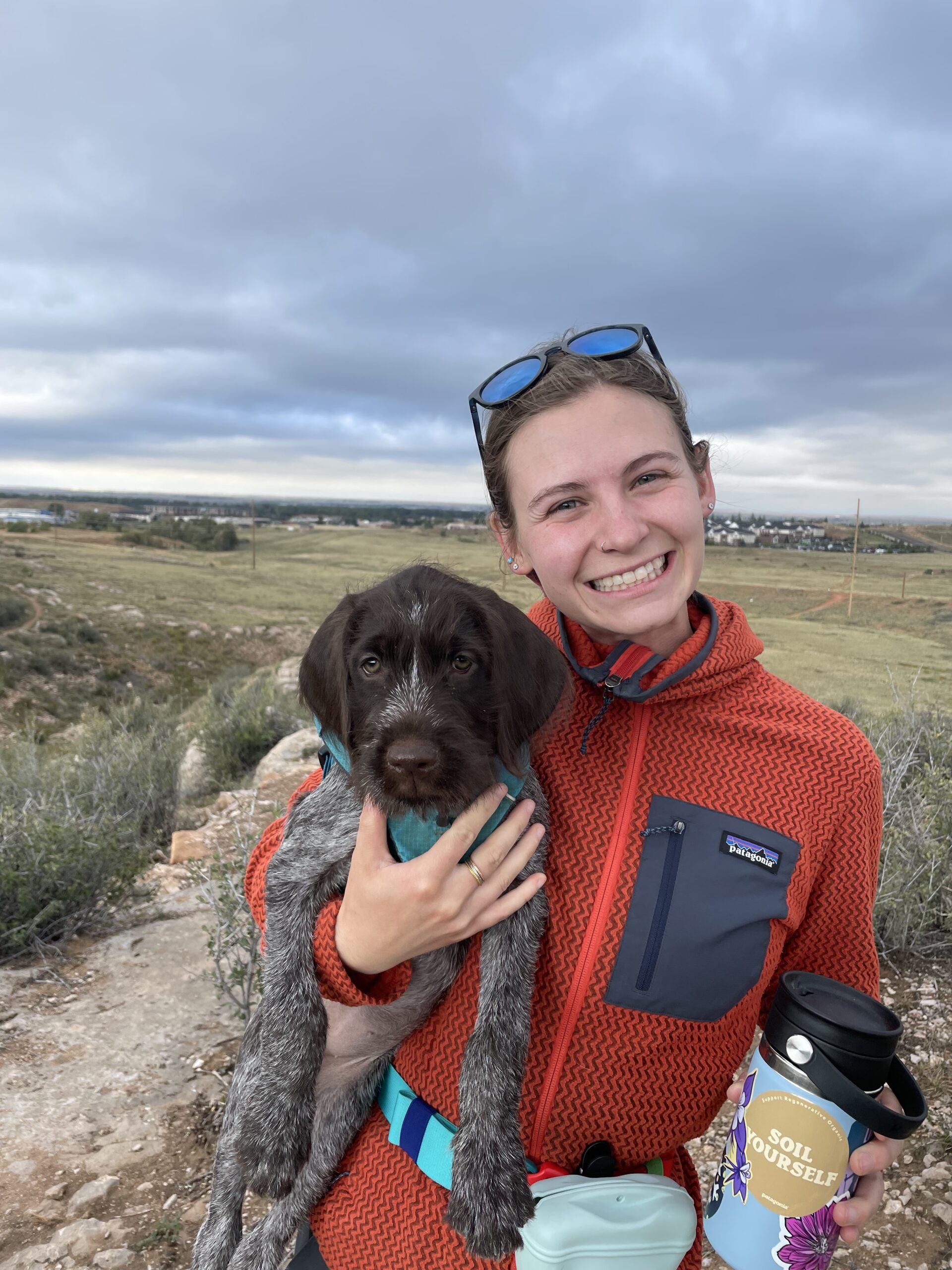
Elizabeth is a M.S. student in the Wyoming Cooperative Fish and Wildlife Research Unit. Her focus is understanding the relationship between streamflow permanence, habitat, and fish in prairie streams of Wyoming. Her data will also be used to develop species specific sensitivities to streamflow permanence, giving more insight into how intermittency is affecting prairie stream fish. Results will be used to inform management and conservation of non-game prairie fish that are often overlooked.
Elizabeth received her B.S. from Montana State University in Environmental Science. Throughout her undergrad, she explored the world of ecology by monitoring amphibians in Yellowstone National Park, water quality, and whitebark pine in the Greater Yellowstone Ecosystem, as well as vegetation in Grand Teton National Park and Bighorn Canyon National Recreation area. Through this work, she decided that while the terrestrial world was fascinating, aquatic ecology was where her passion lay. Following graduation, Elizabeth worked in Olympic National Park, backpacking to high mountain lakes to monitor the system as part of a long-term program. The following summer, she ended up back in the mountain west, working with the Yellowstone National Park Fisheries Program. Here she spent time on streams working to restore and conserve the native fish of Yellowstone.
Outside of school, Elizabeth can be found on the trails biking, backpacking, skiing, and playing with her dogs.
Professional Preparation and Appointments
Education
2020 B.S. Environmental Science, Montana State University, Bozeman, MT
Professional Appointments
2021-2022 Native Fish Program Winter Technician, Yellowstone National Park & Montana State University Institute on Ecosystems
2021 Biological Science Technician (Fisheries), Yellowstone National Park
2020 Biological Science Technician (Fisheries), Olympic National Park
2018-2020 Biological Science Technician, Greater Yellowstone Inventory & Monitoring Network & Montana State University Institute on Ecosystems


